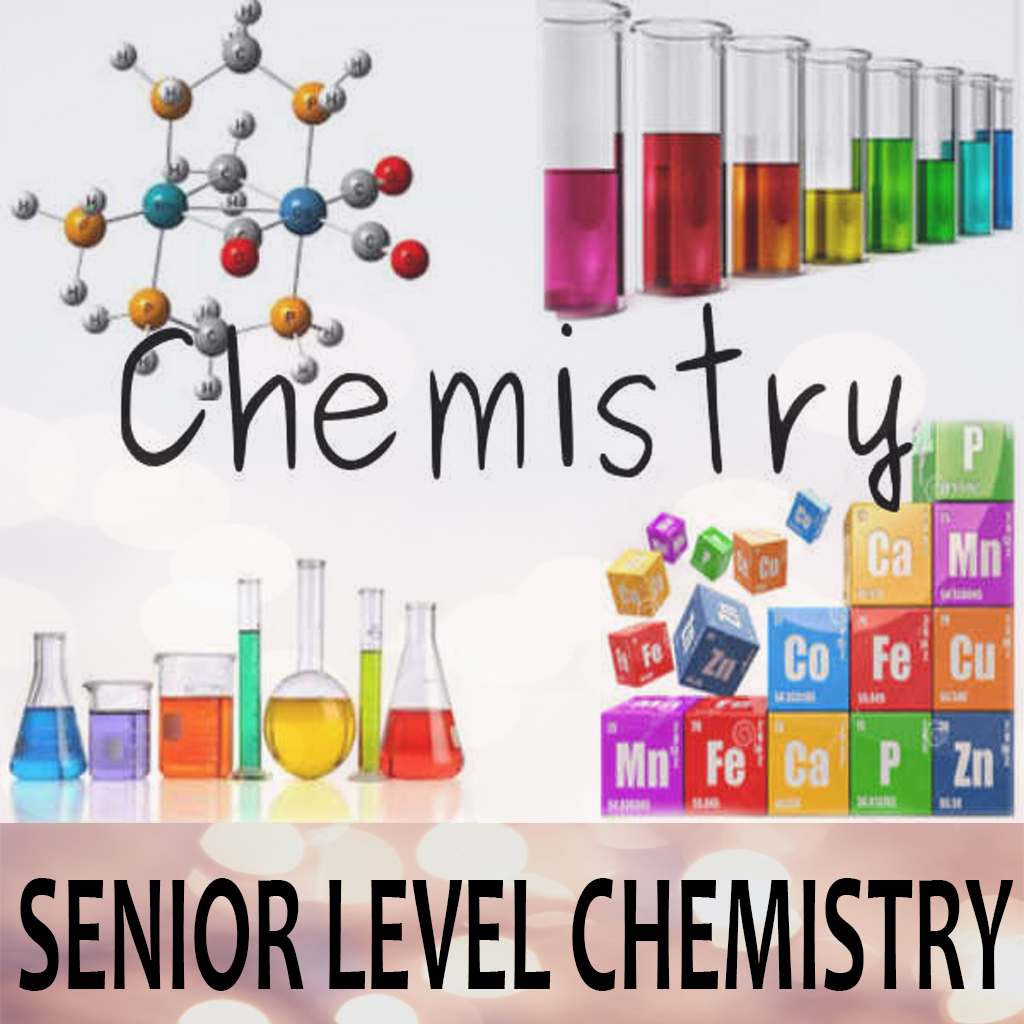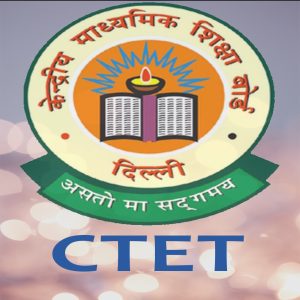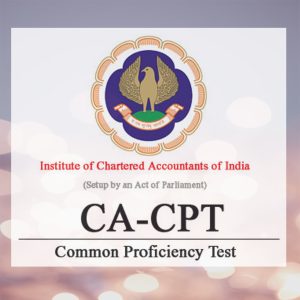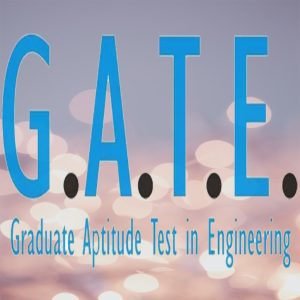Stages in the Chemistry Olympiad
The Chemistry Olympiad usually consists of the following stages-
- Stage I: NSEC- National Standard Examination in Chemistry,
- Stage II: INChO- Indian National Chemistry Olympiad,
- Stage III: OSC- Orientation cum Selection Camp in subject of chemistry,
- Stage IV: PDT- Pre-departure Training Camp for IChO, and
- Stage V: IChO- Participation in International Chemistry Olympiad.
Apart from the first stage, all the other stages are planned and organized by HBCSE. The first stage is the responsibility of Indian Association of Physics Teachers- IAPT. Stage 1 is entirely the responsibility of IAPT. All the remaining stages are organized by HBCSE.
Eligibility, Syllabus and Structure
The detailed information about eligibility, syllabus and structure of all of the stages is given below:
Stage I: NSEC- National Standard Examination in Chemistry
IAPT arranges the first stage called NSEC in Chemistry Olympiad. All the interested students aspiring to take part in the ultimate IChO first have to enrol for the NSEC. NSEC happens at a number of centres across the country.
Eligibility:
All the Indian students born on or after July 1, 1998, also, in addition, those who are in Class XII or lower as of November 30, 2017, were eligible to appear for NSEC 2017 – 2018. Students who have passed Class XII exams are not eligible to enrol for the NSEC .In NSEC a student can appear for more than one subject in the Olympiad provided the examination schedule allows it, i.e. there is no overlap.
It is entirely the student’s responsibility to ensure that his or her eligibility criteria is satisfied. During the course of programme at any given point of time if the eligibility criteria of any student would be found unsatisfactory, then he or she would be immediately rendered disqualified.
Syllabus:
The detailed guidelines for NSEC syllabus is not given but it is roughly estimated to be of the Class 11th and 12th standards (CBSE board). Those students who are interested in IChO must start preparing for it directly as the detailed syllabus of IChO is listed out (find in the IChO section below). In such a way NSEC syllabus will automatically get covered.
Qualifying for INChO:
NSEC is the stepping stone for all the INOs (Indian National Olympiads). NSEC is conducted in order to reach out the maximum number of deserving students from across the country. The selection to INO, however is based on the fulfilment of the following criteria-
- Eligibility Clause: there is Minimum Admissible Score (MAS) to be attained in the NSEC so as to be eligible for any of the INO examinations (INChO here). Usually the MAS is 40% of the maximum score in any of the subjects under consideration (in this case- chemistry).
- Proportional Representation Clause (PRC): The number of students selected for Stage II (INO) in each subject is around 300.
- Minimum Representation Clause (MPC): Anyhow the proportional representation clause the number of students selected for INO from each State and UT must be at least one, given that the eligibility clause is satisfied.
- Merit Clause: Provided the eligibility clause, it is conceivable that 300 students may not qualify for Stage II in a subject. In case this occurs, the shortfall from 300 will be selected based purely on merit without further consideration to any proportional representation or minimum representation clauses. And in the event of a tie at the last position in the list all students with the same marks at this position will qualify to appear for the INOs.
- Apart from this, will be no other criterion or provision for selection to the Indian National Olympiad Examinations (i.e., the INOs).
Stage II: INChO- Indian National Chemistry Olympiad
INChO unlike the NSEC, is organized by HBCSE (Homi Bhabha Centre for Science Education) in about 15 centres in the country.
Eligibility:
1) Students selected from Stage I examination- NSEC are eligible to appear for INChO.
2) In addition, those students who have represented India in International Chemistry Olympiad (IChO) in the previous year, need not appear for the first stage NSEC examination in chemistry. They may be allowed on special request to the National Coordinator for the respective subject, to directly appear for the second stage- Indian National Chemistry Olympiad (INChO) examination, provided they satisfy other eligibility criteria like as age, class, etc. applicable for the chemistry olympiad.
Exam Pattern and Structure
The INChO duration is of 3 hours. INChO 2017-2018 happened on 31st January, 2015, Saturday. The date and time information of the exam is usually given out on HBCSE site in the 1st week of January every year. The tentative date and time of INChO 2015 examination is as follows:
The confirmed schedule and dateis hosted on the site and also communicated to the eligible students by post, so that no one misses out this crucial information. Students who appear for INChO are eligible for Travel Allowance and Dearness Allowance as per the norms of the programme.
Syllabus
As for NSEC, the syllabus for INChO is also based roughly on the school syllabus of class 9th and 10th (CBSE board). However, the syllabus of higher secondary school is only a broad guideline. The problems and questions in National Chemistry Olympiad is usually non-conventional and of really high difficulty level, as comparable to International Chemistry Olympiad.
On the basis of performance in INChO, the top 35 students in the merit list are selected for Stage III: OCSC- Orientation Cum Selection Camp in chemistry.
In case of an event where there is a tie at the last position, each and every students with the same marks at this last position will qualify for OCSC.
There is be no other criterion or provision for selection to OCSC.
Stage III: OCSC- Orientation cum Selection Camp in Chemistry
OCSC in chemistry is organized by HBCSE somewhere betweenApril to June for 2-3 weeks each year. The exact dates are put up on the HBCSE site prior to or along with the announcement of the selection list of candidates for the OCSC.
Eligibility
Only the students selected from the merit list of INChO are eligible for this camp. There are no other criteria or provision for attending the same.
Structure and Details
This camps includes several experimental as well as theoretical tests. The orientation is provided to students especially for experiments. This camp concludes with a big valedictory function where many distinguished scientists are invited to speak and addressthe student members.
OCSC merit list is prepared on the basis of the combined experimental and theoretical score aggregated from all of the tests conducted in the camp. In this, 60% weightage is for theory and 40% weightage is for experiment. In the camp, performance of the previous stages (NSEC and INChO) are not considered for the merit list or awards of the OCSC.
Students who are the best 4 of the lot in OCSC chemistry merit list are declared as special merit awardees. The special merit awardees are given Rs.5, 000/- each in the form of books and cash. Apart from this, there are many other special prizes to recognize meritorious performances shown by students in theory and experiments.
These 4 special merit awardees in chemistry, who are selected at the end of the OCSC, are the ones who constitute the 4 member student team for the IChO(International Chemistry Olympiad), provided they satisfy the required criteria of age limit, medical fitness, holding a valid Indian passport andparental consent, etc.
The dates of OCSC 2014 are yet to be announced.
Stage IV: PDT Pre-departure Training Camp for IChO
The selected 4 member Indian students’ team undergoes a really rigorous training programme at HBCSE in theory and experiments so as to prepare for the IChO. Special laboratories have been set up at HBCSE for the purpose of experimental training for these students. Learned resource persons from HBCSE and many other renowned institutions across the country come and impart training to the students. There is no set duration of this training, it is totally subject to IChO regulations.
Stage V: IChO- International Chemistry Olympiad
The trained 4-member student team, 2 teacher leaders and 1 scientific observer constitute the delegation to represent India at the International Chemistry Olympiad (IChO).
The 46th IChO will be held in Hanoi, Vietnam, in July 2014.
Eligibility
1) Students must be under the age of 20,
2) They must not be enrolled as regular students in any post-secondary education institution.
Exam Structure and Pattern
- IChO consists of two examinations- a theoretical exam and a practical exam.
- The exams have durations of up to 5 hours individually, and are held on different days, with the practical exam usually being before the theoretical exam.
- The theoretical exam has a value of 60 points and the practical examination has a value of 40 points which make the total 100 points.
- Theory and practical, both exams are evaluated independently from each other and the sum of the results of the examinations determines a participant’s overall performance.
- A scientific jury, installed by the host country, suggests the tasks for the practical exam.
- An international jury, which consists of the 2 mentors from each of the participating countries, for e.g. India in your case, discusses the competition tasks and translates them into the language of their students’ preference.
- The participating students receive the examinations translated into their languages of preference as mentioned prior. The mentors have the duty to translate the examinations from English to preferred language of the participants, before they are given to the participants.
- Once the exams get finished and are evaluated by a committee appointed by the host country, and before awards are presented to the toppers, the mentors discuss the evaluation of the exams with judges of the committee to assure fairness in their evaluation pattern.
- As the mentors review the examinations before they are given to participant students, any communication between the mentors and the students is strictly forbidden prior to the completion of both exams. Also, the students are required to surrender any mobile phones and laptop computers to the organizer.
Syllabus
Theoretical Exam
The questions asked in the IChO theoretical exam are basically of 3 levels:
Level 1: Constituent topics are included in the overwhelming majority of secondary school chemistry course and need not to be mentioned in the preparatory problems given out by the host country.
Level 2: Constituent topics are included in a substantial number of secondary school course and maybe used without exemplification in the preparatory problems as laid by the host country.
Level 3: Constituent topics are not included in the majority of secondary school course and can only be used in the competition if examples are given in the preparatory problems as issued by the host country.
Following is the detailed account of topics which are covered in the IChO. If anything apart from these arises, it has to be laid out in the preparatory guidelines by the host country prior to the competition.
Click here to Download detailed Syllabus for Theoretical Exam in International Chemistry Olympiad
The questions asked in the IChO practical exam are also of 3 levels:
Level 1: Constituent topics are included in the overwhelming majority of secondary school chemistry course and need not to be mentioned in the preparatory guidelines given out by the host country.
Level 2: Constituent topics are included in a substantial number of secondary school course and maybe used without exemplification in the preparatory guidelines as laid by the host country.
Level 3: Constituent topics are not included in the majority of secondary school course and can only be used in the competition if laid out properlyin the preparatory guidelines by the host country.
Following are the topics for practical exams which are covered in the IChO. If anything apart from these arises, it has to be laid out in the preparatory guidelines by the host country prior to the competition and will be treated as level 3.





Reviews
There are no reviews yet.